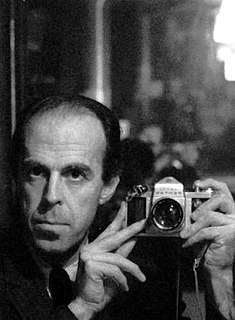A Quote by Judith Viorst
My first published writings were trying to take scientific concepts and make them clear for a general audience.
Related Quotes
The Bible is a collection of writings by lots of different people written over maybe a thousand years, from a number of centuries before Jesus to a century after Jesus. I often like to refer to it as "the Scriptures" to make that point about it being lots of writings that were originally separate. What these writings have in common is that "the Old Testament" is writings that grabbed the Jewish people; writings that convinced them that they were God's word to them. And "the New Testament" is writings that grabbed people who believed in Jesus in the same way.
Every morning I'd have coffee with my wife and we would discuss ideas. Sixty percent of what I did for the stores was concepts. The other forty percent was correcting and cleaning up other concepts in house, or doing final art on my concepts. Most of my concepts were so finished they could turn them over to somebody else.
The view is often defended that sciences should be built up on clear and sharply defined basal concepts. In actual fact no science, not even the most exact, begins with such definitions. The true beginning of scientific activity consists rather in describing phenomena and then in proceeding to group, classify and correlate them.
Often, some people dress something up to make it sound scientific, use scientific words, call themselves doctor something-or-other, and then you look them up, and they're trying to make it sound like something it's not. There's this entire field that's adding the word 'quantum' to everything. It doesn't even make sense in that context.
The need for general scientific understanding by the public has never been larger, and the penalty for scientific illiteracy never harsher. Lack of scientific fundamentals causes people to make foolish decisions about issues such as the toxicity of chemicals, the efficacy of medicines, the changes in the global climate.
When Emily Dickinson's poems were published in the 1890s, they were a best-seller; the first book of her poems went through eleven editions of a print run of about 400. So the first print run out of Boston for a first book of poems was 400 for a country that had fifty million people in it. Now a first print run for a first book is maybe 2,000? So that's a five-time increase in the expectation of readership. Probably the audience is almost exactly the same size as it was in 1900, if you just took that one example.


































